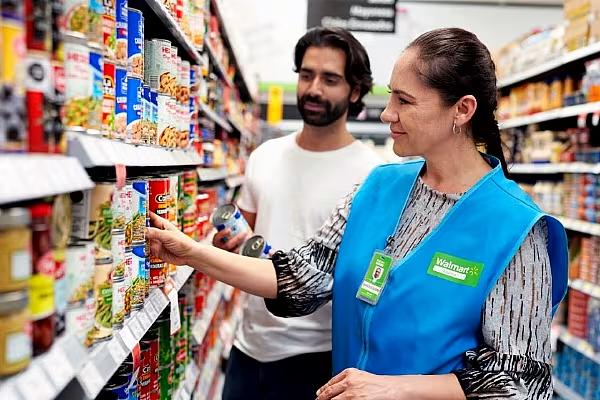As price rises pitch retailers and suppliers at loggerheads, the ability to negotiate constructively is vital, says Bridgethorne's Gina Overton.
With rising food prices having become the principal driver of ongoing inflationary pressures, and setting untold challenges for retailers and suppliers, the ability for each to negotiate with the other in a constructive, mutually beneficial way is more essential than ever.
Gina Overton, director at FMCG and retail consultancy Bridgethorne, says that all parties need to ensure that those involved in negotiations are appropriately skilled to achieve effective outcomes that bring benefit to all suppliers, retailers and shoppers.
“Suppliers have found themselves faced with potential delistings, range reviews, the introduction of new fulfilment fees and the aggressive promotion of own brand products at the expense of branded equivalents," Overton explains.
“A few months ago, Kantar reported sales of the cheapest own-label products had risen 47% over the previous twelve months.”
Negotiation Challenges
Sometimes, she adds, these spats have become very public, “Earlier in the year Heinz raised its prices for the second time in less than a year, following a very public dispute with Tesco over passing increased production costs onto customers. That situation was resolved through negotiation and the full range of Heinz products returned to Tesco.
"Similarly, earlier this year Greencore CEO Dalton Phillips was quoted as saying that price negotiations with supermarkets had become 'so strained' amid soaring inflation that sometimes walking away was the only option.”
Constructive Approach
At the same time, Overton says, the ability to negotiate constructively is critical.
“There is currently a world weariness around negotiations,” she says. “Retailers and suppliers have been going through intense cost price negotiations and, undoubtedly, for the personnel involved in those, it can be exhausting. Ultimately, both parties want to build effective working partnerships, but the reality is that inflation – and now possibly deflation – is continuing to upturn that partnership applecart.
"The key is for both parties to recognise the need to collaborate and accommodate the needs of the other and, as with any negotiation, that is going to require compromise. To achieve this, you’re going to have to be well prepared, to have considered what your variables or tradeables are and, crucially, not to be afraid to step out, take a pause, reflect, and ask for a follow up meeting. Not everything may be resolved in the first meeting, and that’s okay too.
"We continue to hear stories of how work pressures and a lack of training can lead to either party placing unreasonable demands on the other. This may lead to an outcome where shoppers are impacted either through pricing, availability or ranging. In the ideal world, a more value-added approach is to navigate a road of empathy and understanding whilst continuing to build the combined agenda for the mutual benefit of all.”
Putting Anchors In Place
So, what might that involve? "It’s important that everything presented in a negotiation is evidence-based," says Overton.
"It’s essential to know what your tradeables are – those other items you may be able to put on the table at some point – as much as it is to know what your red lines are. These anchors are important as they can help you take the initiative as the negotiations get underway. Your first offer will set the tone for the rest of the negotiation and will help you try to anchor discussions in your preferred direction.
"We advise presenting multiple equivalent offers simultaneously, bearing in mind that none of them may transpire to be the final outcome. Consider also not only what you can negotiate but also what you can bring to the implementation of the ultimate agreement. If you emerge feeling like you have lost out during the talks – you can still find other wins during the implementation of the deal.”
Profitable Resolution
If you don’t find yourself in your preferred position, Overton says, focus on the best alternatives to a negotiated agreement to reach the most profitable resolution possible.
“Try to build rapport; listen as much as you speak; ask open questions that encourage discussion and search for smart trade-offs," she says. "Ultimately, though, be open minded. A successful negotiation isn’t necessarily a win for either side; it’s both parties coming out satisfied."
© 2023 European Supermarket Magazine – your source for the latest Retail news. Article by Gina Overton, Bridgethorne. Click subscribe to sign up to ESM: European Supermarket Magazine.














